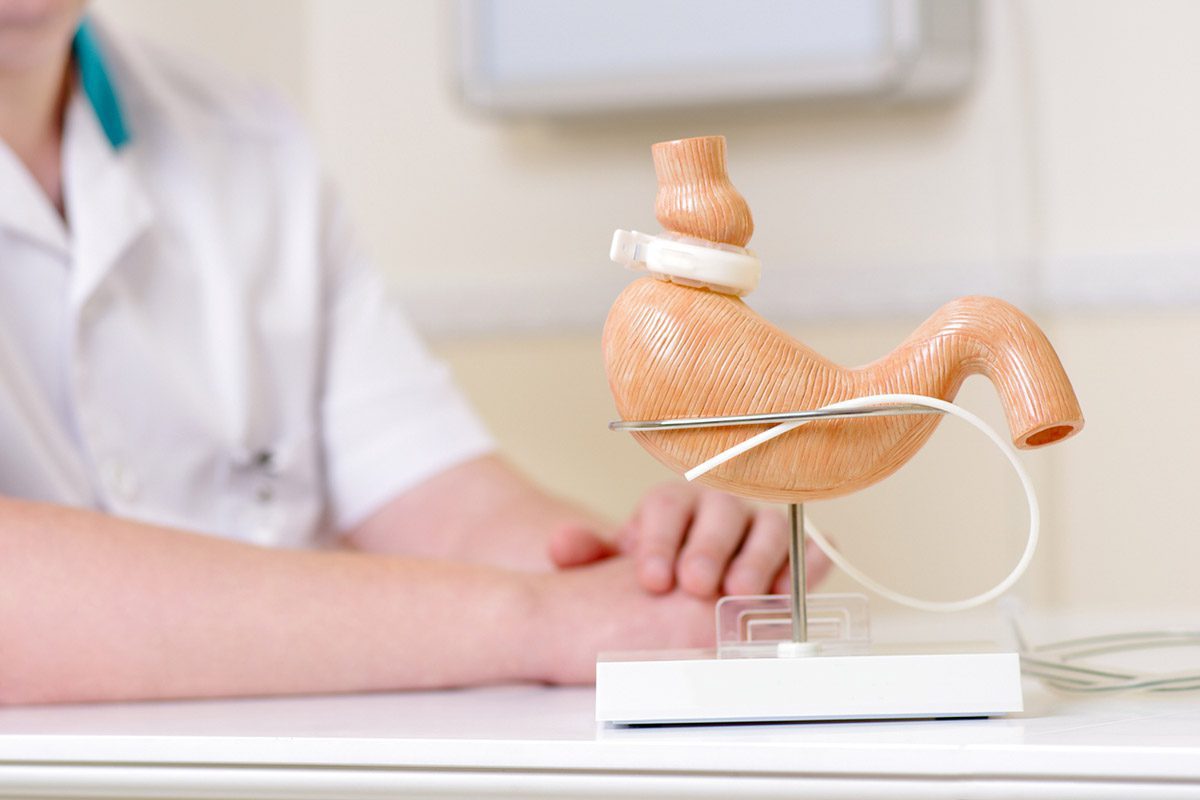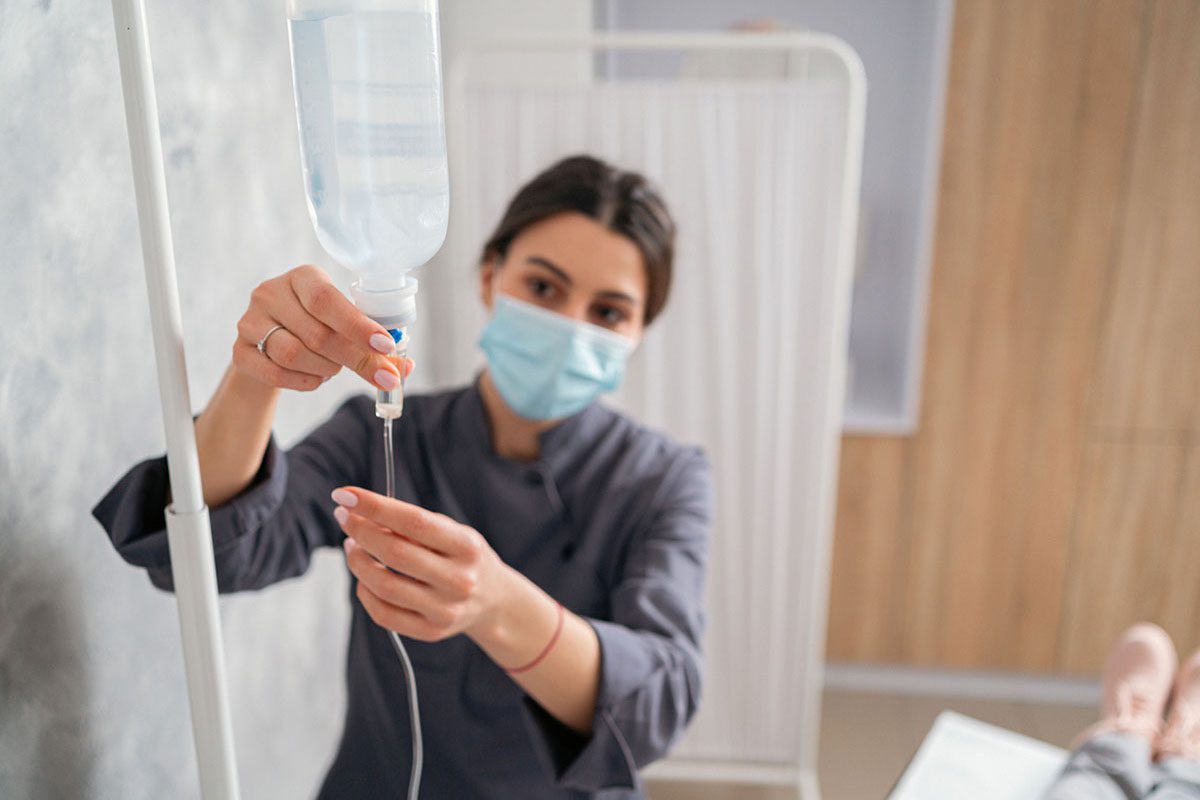Isotretinoin and the Risk of Depression
To the Editor: We read with interest the article by Azoulay et al, "Isotretinoin and the Risk of Depression in Patients With Acne: A Case-Crossover Study" in the April 2008 issue of the Journal.1 The authors utilized data from insurance claims and hospital discharge databases from Quebec to conduct a case-crossover study within a cohort of subjects ever exposed to isotretinoin. Cases were defined as those with a first diagnosis of depression coupled with a prescription for an antidepressant. In addition, cases had to have at least 1 diagnosis of acne in the 12 months prior to the diagnosis of depression. The authors did not present data on timing of the acne episodes or duration of acne. In this study, the exposure to isotretinoin in the 5 months immediately prior to diagnosis of depression (ie, risk window) was compared to the exposure to isotretinoin in an earlier time period of 7-12 months prior to depression (ie, control window). Under the null hypothesis, it was assumed that isotretinoin use would be equally distributed during the risk and control windows. Case-crossover studies are particularly amenable when the onset of an outcome is more abrupt and there are no time-dependent confounders.2
The study identified, out of a cohort of 30,496 patients exposed to isotretinoin, 126 with a first diagnosis of depression coupled with a diagnosis of acne in the 12 months prior to depression diagnosis, and those patients were included as cases. In such a design, only those cases that have discordance in exposure between the 2 windows contribute to the estimation of relative risk. Of the 126 cases, 39 had different exposure in the 2 windows, with 26 exposed to isotretinoin in only the risk window versus 13 exposed in only the control window yielding an adjusted relative risk of 2.68 (95% CI, 1.10-6.48). The authors conclude that this was the first controlled study to find a statistically significant association of isotretinoin and depression and recommend close monitoring of isotretinoin patients. With this information in mind, we would like to highlight 2 points about this study.
First, we believe the observed association could perhaps be explained, at least in part, by the following points: (1) Perhaps the most important point is that assuming those with first diagnosis of acne during the 12 months prior to depression were uniformly distributed, then people first diagnosed with acne in the latter part of the observation period have no opportunity for exposure to isotretinoin in the control window. In this case, we would expect the relative risk to be greater than 1 and perhaps substantially so (even under the null hypothesis). (2) Isotretinoin is usually given for severe acne that is unresponsive to other treatments. Thus, patients starting isotretinoin after failure of other treatments may not start treatment until weeks or months after acne diagnosis and, thus, may be less likely to be exposed in the control window. This is particularly relevant for those with a first acne diagnosis in the 12 months prior to depression. (3) Patients starting isotretinoin, having failed other treatments, are likely to be at a higher risk of depressive disorders compared to when initiating earlier lines of therapy.3
Second, overall, it is important to note that the annual risk of depression among isotretinoin users in the study is low (ie, no more than 126/30496 [0.4%]), compared with the background rates.4,5
Prior to this study, there have been at least 3 larger epidemiology studies published on the topic with over 15,000 patients exposed to isotretinoin in the United States, Canada, and the United Kingdom. None of these studies provided evidence of an association between isotretinoin and depression.3,6-8
In summary, we believe that the authors’ conclusion that, as a result of their findings, there should be close monitoring of isotretinoin users may be overstated, given that: (1) other factors could potentially explain the association, such as those described above; (2) the small-subpopulation (126 patients) used in the study may be highly atypical of all isotretinoin users; and (3) there is a lack of evidence from other published studies.
References
1. Azoulay L, Blais L, Koren G, et al. Isotretinoin and the risk of depression in patients with acne vulgaris: a case-crossover study. J Clin Psychiatry. 2008;69(4):526-532. PubMed
2. Maclure M, Mittleman M. Should we use a case-crossover design? Annu Rev Public Health. 2000;21:193-221. PubMed doi:10.1146/annurev.publhealth.21.1.193
3. Hull PR, D’ Arcy C. Acne, depression, and suicide. Dermatol Clin. 2005;23(4):665-674. PubMed doi:10.1016/j.det.2005.05.008
4. Patten S, Juby H. A profile of clinical depression in Canada. The Canadian Research Data Centre Network, February 2008 (http://hdl.handle.net/1880/46327).
5. Patten SB. Incidence of major depression in Canada. CMAJ. 2000;163(6):714-715. PubMed
6. Jick SS, Kremers HM. Vasilakis-Scaramozza. Isotretinoin use and risk of depression, psychotic symptoms, suicide, and attempted suicide. Arch Dermatol. 2000;136(10):1231-1236. PubMed doi:10.1001/archderm.136.10.1231
7. Neary MP, Klaskala W, McLane J, et al. Epidemiological study of adverse events in accutane users and matched non-users: a retrospective analysis of major US health plan claims database. Pharmacoepidemiol Drug Saf. 2001;10(suppl):S141.
8. Hersom K, Neary MP, Levaux HP, et al. Isotretinoin and antidepressant pharmacotherapy: a prescription sequence symmetry analysis. J Am Acad Dermatol. 2003;49(3):424-432. PubMed doi:10.1067/S0190-9622(03)02087-5
Author affiliations: Drug Safety, F. Hoffmann-La Roche Ltd, 4070 Basel, Switzerland. Financial disclosure: Drs Thakrar and Robinson are employees of F. Hoffman-La Roche. Funding/support: None reported.
doi:10.4088/JCP.09lr05207blu
© Copyright 2009 Physicians Postgraduate Press, Inc.



